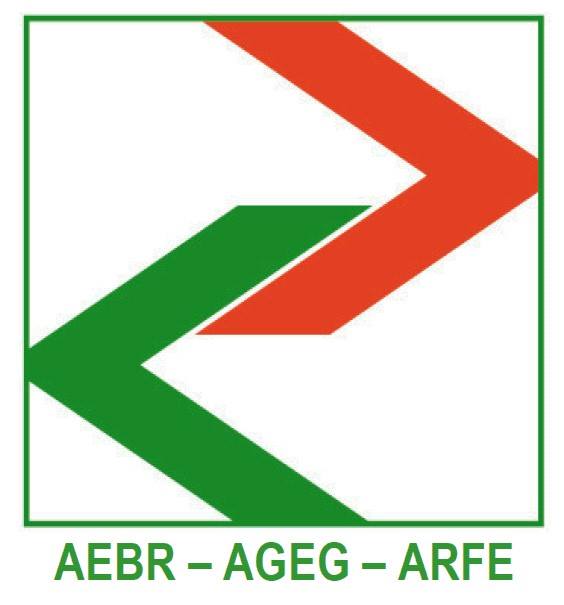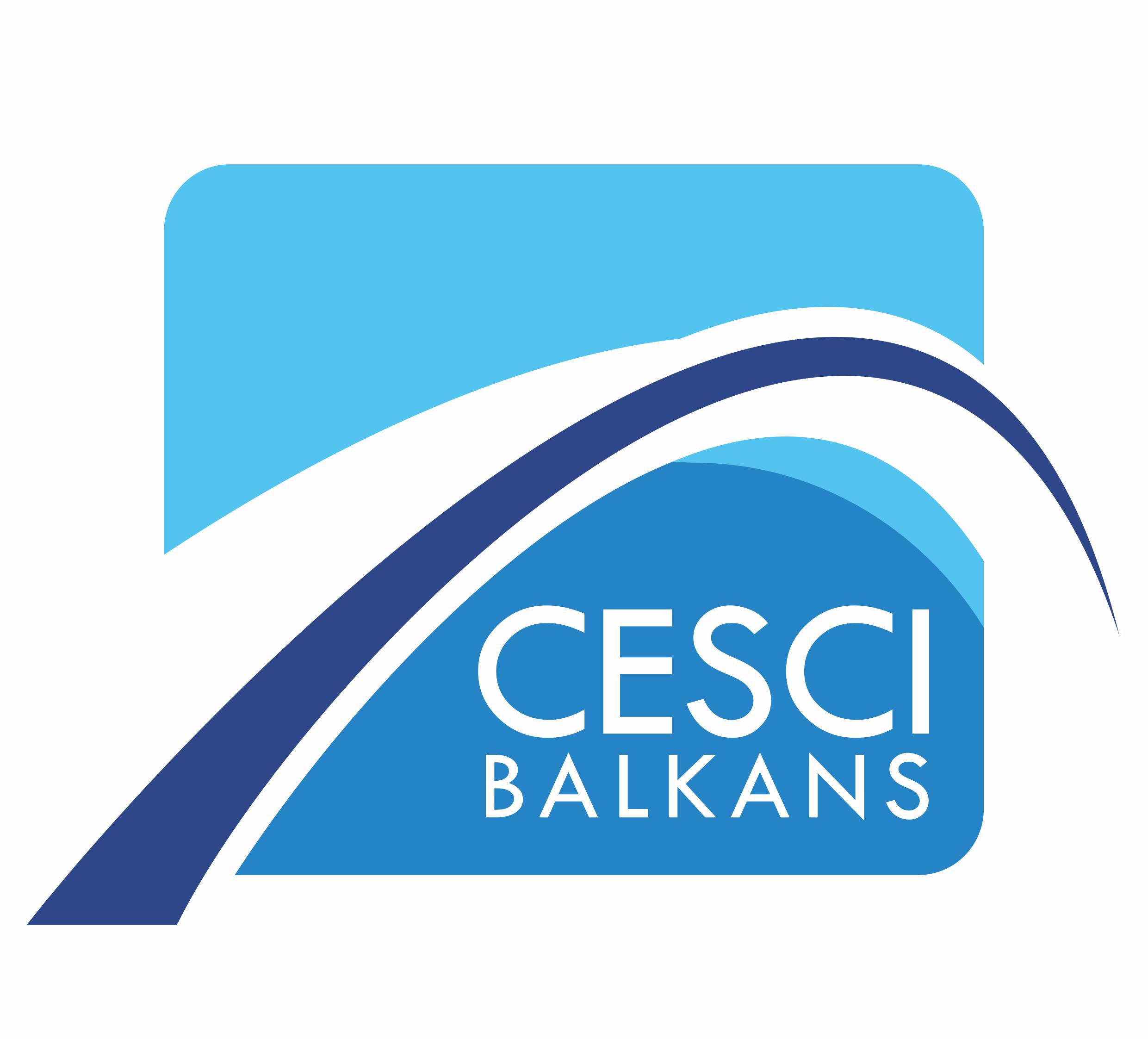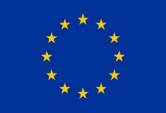On the first day of the 10th EUSAIR Forum, the afternoon was dedicated to critical environmental challenges, with a special focus on marine protection under Pillar 3 – Environmental Quality. Moderated by Dr. Mitja Bricelj (Slovenia) and Dr. Senad Oprašić (Bosnia and Herzegovina), co-coordinators of this pillar, the session titled “Protection and Sustainable Development of the Marine Environment in the Adriatic-Ionian Region Through Innovative Policy Approaches and Integrated Action” addressed urgent issues affecting the region’s marine and coastal ecosystems.
The panel featured leading voices including Matej David from the University of Rijeka’s Faculty of Maritime Studies (Croatia), Vedran Nikolić from the European Commission’s DG Environment, and Laura Comelli from the Managing Authority of the INTERREG VI-A Italy–Slovenia Programme. Together, they tackled three major themes: ballast water management, marine biodiversity conservation, and climate change adaptation strategies.
Attendees learned about the serious threat posed by invasive species transported via ballast water and sediment, and the importance of the Ballast Water Management (BWM) Convention. The session emphasized the pressing need for unified enforcement across the Adriatic-Ionian region to better control this issue.
The discussion also covered the current gaps in marine conservation and the challenges of meeting the EU’s 2030 Biodiversity Strategy goals, including progress under the Marine Strategy Framework Directive. Experts shared insights into monitoring systems, policy gaps, and the importance of integrated conservation approaches.
Climate resilience was another key topic, with speakers exploring how regional cooperation and innovative policies can address the growing impact of climate change on coastal and marine areas. Practical examples and forward-looking ideas offered a clear path toward more adaptive and effective environmental governance.
This interactive session offered valuable insights into how joint action and innovative governance can lead to the long-term sustainability of the Adriatic and Ionian seas. By spotlighting cross-border cooperation and showcasing practical initiatives already in motion, the session demonstrated the critical role of collaboration in combating biodiversity loss and safeguarding marine resources.
Bringing together representatives from government institutions, EU bodies, academia, industry, civil society, and youth, the session served as both a knowledge-sharing platform and a call to action. It invited all stakeholders to rethink policy frameworks, strengthen governance, and commit to protecting the marine environment for future generations.







